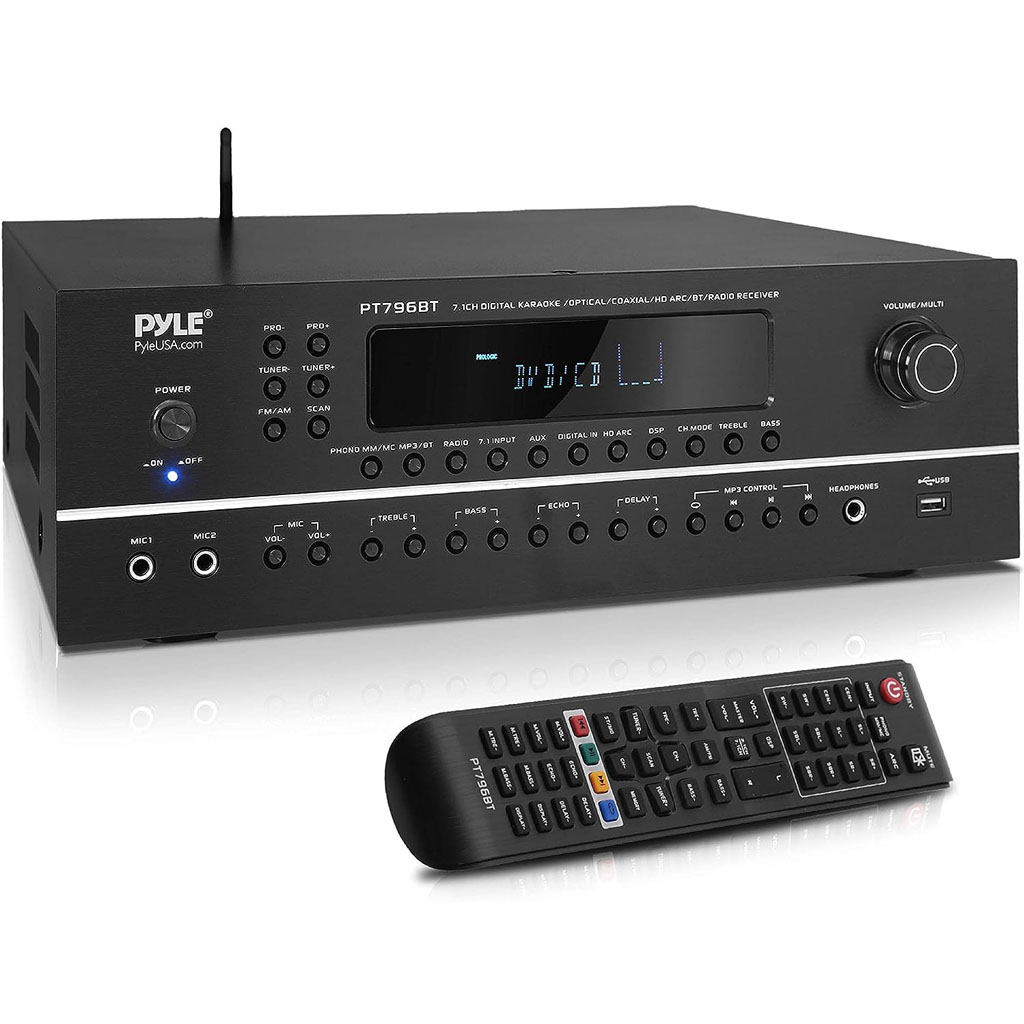
Last Updated | October 12, 2023
Shopware, a robust e-commerce solution, arms businesses with expansive functionalities via its rich ecosystem of plugins and apps. Both empower store owners, but understanding their respective realms is crucial for leveraging their capabilities effectively. This article unfolds the key differences between Shopware plugins and apps, illuminating the path towards an optimized e-commerce journey.
Shopware Plugins: A Deep Dive
Direct Integration
Plugins are directly integrated into the Shopware platform, affecting the core functionality and allowing for a seamless interaction with various system aspects.
Tailor-Made Solutions
Plugins allow the creation of bespoke functionalities, addressing specific needs and ensuring that businesses can mold the Shopware platform to their unique requisites.
Development & Maintenance
While plugins provide profound customizations, they come with a requirement for regular updates and maintenance, ensuring compatibility with the evolving Shopware platform.
Shopware Apps: The Comprehensive Perspective
Cloud-Based Functionality
Unlike plugins, Shopware apps operate in the cloud, ensuring a lightweight, scalable, and adaptable solution without impacting your server’s resources.
User-Friendly Management
Apps allow for hassle-free installations and updates directly through the Shopware store, offering a user-friendly experience and lowering technical hurdles.
Subscription-Based Model
Apps typically follow a subscription model, allowing businesses to access and utilize functionalities without a hefty upfront investment.
Crucial Differences to Ponder
Installation & Management
Plugins might demand a more hands-on approach in installation and updates, while apps ensure easy management through the Shopware Store.
Infrastructure Impact
Plugins require server resources and potentially affect site performance, whereas apps, being cloud-based, circumvent this issue.
Costing Structure
While apps often adopt a subscription-based payment structure, plugins typically require a one-time payment, followed by potential costs for updates and support.
Customization vs. Standardization
Plugins offer a depth of customization at the cost of complexity, while apps provide standardized solutions with simplicity and ease of use.
Navigating Your E-Commerce Strategy
So, how does one decide between opting for a plugin or an app?
- For bespoke, deeply integrated solutions, a plugin might be your ally, allowing you to create a tailor-made environment catering to very specific business needs.
- For scalable, easy-to-manage solutions, an app is often the preferred choice, enabling swift integration of additional functionalities without delving into technicalities.
In essence, your choice between Shopware plugins and apps should be steered by your business’s specific needs, technical capacity, and strategic outlook. Both hold the potential to significantly elevate your e-commerce game, provided they are leveraged thoughtfully and strategically.
Conclusion
Shopware’s vibrant ecosystem of plugins and apps crafts a flexible and powerful e-commerce environment. With plugins offering deep, integral customizations and apps providing seamless, cloud-based functionalities, businesses are empowered to sculpt their e-commerce journey as per their distinct pathways. Understand, compare, and leverage these tools effectively to pave your way to e-commerce triumph.
Source: https://ecommerce.folio3.com/blog/shopware-plugins-and-apps/






